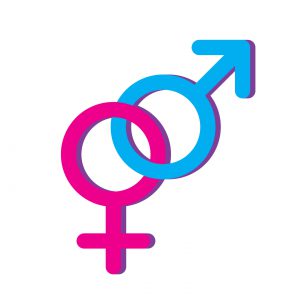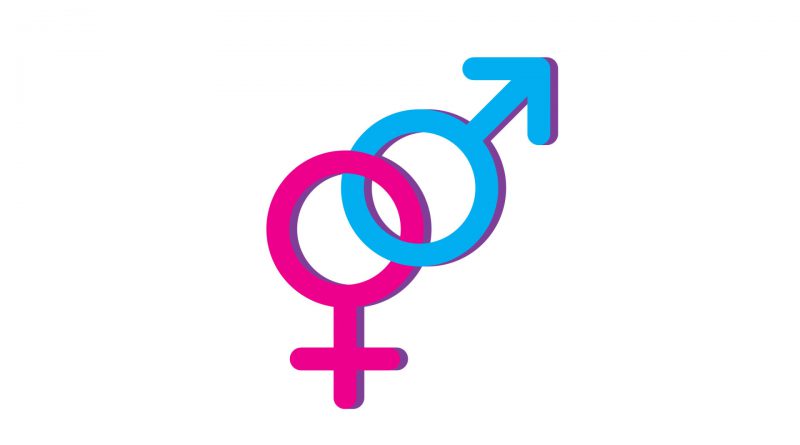Bisexuality Should Be Taken Seriously By Society

In pop culture and during the rise of social media, bisexuality has been used as a quirky personality trait to gain attention. During the premature days of social media like MySpace and Facebook, “bi-curious” was the term utilized to describe someone who has a fluid sexual orientation.
The term was used partly because the person it described was considered to be either confused or unusual. It was a way to set them apart from everyone else. Consequently, this caused the term to become a laughingstock to the rest of society. People did not take it seriously because they associated it with eccentric individuals who could not make up their minds.
As a bisexual woman, my label is tied down by its misconceptions. In the LGBTQ+ community and outside of it, it is common for eyebrows to raise at the mention of the term “bisexuality.”
One misconception about bixsexual people is that they cheat since they are attracted to two genders. This is a false generalization. No human is immune to being unfaithful, but being attracted to two genders is not an indication that someone is unfaithful. A woman can betray her partner’s trust just like a man or even a non-binary person can.
Humans can cheat and deceive others regardless of their sexual orientation. It’s difficult to obtain a concrete research study about this myth due to the claim being intangible. However, this does not nullify the consensus that it perpetuates harmful stereotypes. Writer for online magazine EverydayFeminism Eliel Cruz explains that, despite there not being enough evidence that bisexual people are more prone to cheating, when the roles are flipped between a straight or gay/lesbian couple, the person that was betrayed does not make generalizations about a whole sexual orientation, so bisexuality should not be treated differently.
Another misconception about bisexuality is that bisexual people are attracted to non-monogamous relationships. This is also a false generalization. It is true that some bisexual people do partake in polyamorous relationships, but not all bisexual people do. In Lucy Diamond’s 10-year-long study published in 2008, it is stated that 89% of bisexual women were in long-term monogamous relationships. Being involved in either polyamorous or monogamous relationships is a matter of personal preference, not sexual orientation.
Lastly, another infamous misconception about bisexuality is that it is only a phase, that bisexual people can’t be attracted to two genders simultaneously because sexual attraction is black or white. You are either straight or gay/lesbian. You can’t be in the middle. You can’t be in the gray area. Therefore, you grow out of it by deciding who you are really attracted to. However, another study indicated that bisexuality is not a transitional period. People who identified as bisexual in their adolescent years rarely wavered, with only eight percent changing their label later on in their lives.
Bisexuality is not an excuse to be promiscuous or a compulsive cheater. It is not a phase that people grow out of. It is a valid sexual orientation with psychological studies to back it up, and it should be taken seriously in the 21st century. Hopefully we, as a society, will take a step forward and correct our misconceptions about it.

